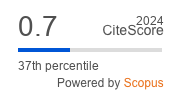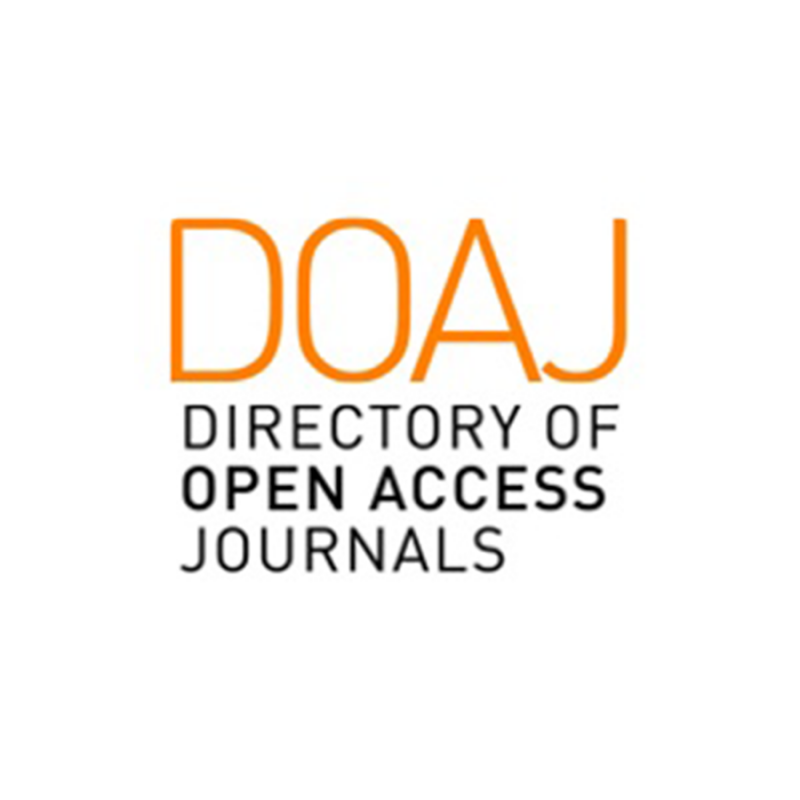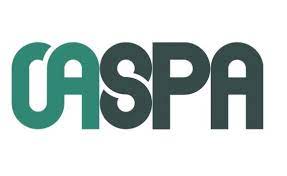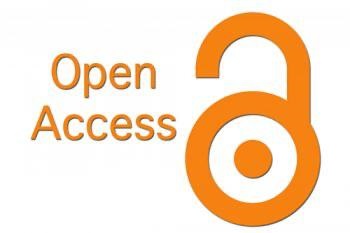Helicobacter Pylori Seropositivity and Acute Myocardial Infarction
Keywords:
H. pylori seropositivity, acute myocardial infarction, AtherosclerosisAbstract
Background: Acute myocardial infarction
(AMI) is one of the most common diagnoses
in hospitalized patients. The stimulus that
initiates the acute inflammatory process in AMI
has not been identified. Conventional risk
factors account only for approximately half of
the patients with clinically apparent
atherosclerosis which can leads to AMI.
Recently a potential link between infectious
agents and atherosclerosis has been suggested
Objective: To find a possible association
between Helicobacter pylori (H. Pylori)
infection and AMI.
Method: We studied the prevalence of antiH. pylori antibodies in 94 patients who were
admitted with the diagnosis of AMI and a
similar number of healthy individuals who were
age and sex matched. This was done using
ELISA technique.
Results: Overall prevalence of anti-H. pyroli
antibodies in patients with AMI was 82.9%
whereas the prevalence in the control group
was 78.7% . This difference yielded an odd ratio
of 1.317. Chi square test shows that this
difference was insignificant statistically (p-value
0.458)
Conclusion: We feel that our results do not
support the hypothesis which stated that chronic
infection with H. pylori is a major risk factor for
AMI.













